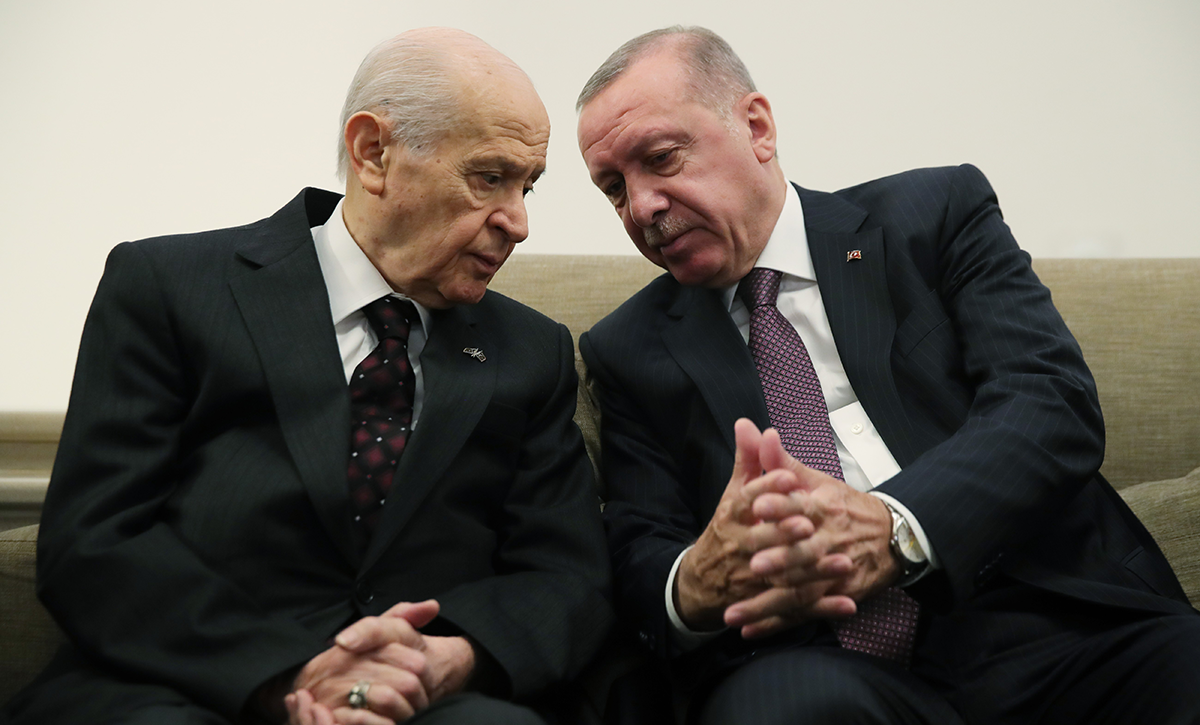Türkiye, the PKK, and the Unexpected Path to Peace
The PKK has been etched into Türkiye’s national consciousness, not just as a terrorist organization, but as a persistent, painful reminder of unresolved identity and power struggles in the region for more than forty years. Born out of a vision to secure Kurdish recognition and ultimately carve out a nation-state, the PKK didn’t remain confined to Türkiye’s borders. Its ideological fingerprints stretched across Iran, Iraq, and Syria. And with each passing year, the problem became more than just domestic: it became regional, and in many ways, global.
Türkiye tried. Many times. Turgut Özal’s government made a quiet attempt at peace in the early 1990s. There were brief windows of hope after the arrest of PKK leader Abdullah Öcalan in 1999, as some believed the movement would collapse without its charismatic head. It didn’t. If anything, the PKK adapted. And external developments, such as the chaos following the U.S. invasion of Iraq and the collapse of Syria into civil war, gave the group fresh ground, new alliances, and a broader platform. Western powers, desperate to fight ISIS and similar threats, armed and legitimized PKK-linked groups like the YPG, seeing them as convenient and effective battlefield partners. That created a new geopolitical puzzle for Türkiye.
Then came Recep Tayyip Erdoğan’s boldest gamble yet, the “Çözüm Süreci,” or “peace process,” in the 2010s. It was fragile, complex, and full of emotion. For a while, it looked like something historic might emerge. But as quickly as it bloomed, it withered. Violence returned. Trust vanished. The idea of reconciliation once again disappeared into the shadows. For me, there was no immediate or short-term solution to the problem.
But now, in 2025, a different kind of breeze is blowing.
After years of bloodshed, the PKK appears to be undergoing a radical transformation: from a guerrilla movement to a political actor. In an unexpected, even historic twist, the PKK leader Abdullah Öcalan himself has reportedly called on his followers to abandon the decades-long fight for an independent Kurdish state. His reasoning? That the Turkish state now recognizes Kurdish identity and offers space for political participation. It’s a massive shift in tone, purpose, and posture.
Ironically, this shift is unfolding with the quiet support of the Turkish Nationalist Movement Party (MHP) which has been a longtime opponent of Kurdish autonomy and the official coalition partner of Erdoğan’s ruling AK Party in the “Cumhur İttifakı.” That alone shows how dramatically the political landscape has evolved in Turkiye. In the past, such cooperation would have been unthinkable. Now, it’s strategic.
Is it risky? Absolutely. Bringing a decades-old insurgent movement into the political fold isn’t just a bureaucratic challenge; it’s an emotional one, fraught with painful memories and deep-seated mistrust. But the regional context might finally be ripe. The chaos that once empowered the PKK in Iraq and Syria has given way to fatigue. The region is tired by years of war, failed revolutions, and foreign interventions.
And let’s not ignore the signals from Washington. The recent remarks of Thomas J. Barrack, the U.S. Ambassador to Turkiye, suggest quiet American support for this transition. A disarmed, politically engaged Kurdish movement is far easier to deal with than one operating across multiple conflict zones with weapons and shadowy networks. The U.S. has its own reasons for wanting calm in the region as Trump wants the Middle East with status quo and power balance is provided, and Turkiye, with its growing influence, may be the linchpin.
If this transformation continues; if the PKK fully renounces violence and re-engages through the political system, Türkiye could solidify its influence across the Kurdish regions of Iraq and Syria. It could offer a new model: not Ottoman-style imperialism, as some critics, especially Kemalists, fear, but a soft-power blend of economic integration, cultural diplomacy, and realpolitik. For decades, Islamists within Türkiye’s ruling elite have dreamt of reclaiming influence over lands that were once under Ottoman sway. That dream might now be taking a new form: not through war, but through peace.
Of course, there will be skeptics. Some say this is just another phase, a strategic pause before violence returns, especially left-wing political analysts in Türkiye are of this opinion. Others argue that it’s simply too late: that wounds run too deep. Some consider that this is another move of Türkiye’s ruling party to get popularity and increase its influence for the coming election. But moments like this don’t come often. And when they do, it’s worth paying attention.
We may be witnessing the beginning of something long hoped for but rarely dared: peace. Real peace: not just between Ankara and the PKK, but across a wider region that has seen too much war, too much pain. Or we might be witnessing a move from ruling party and President Erdoğan to solidify his power and to guarantee next elections, so as a part of domestic political competition. The coming months will tell us if this moment marks a true turning point or just another chapter in a long, unfinished story. But for now, hope feels like a revolutionary idea.
